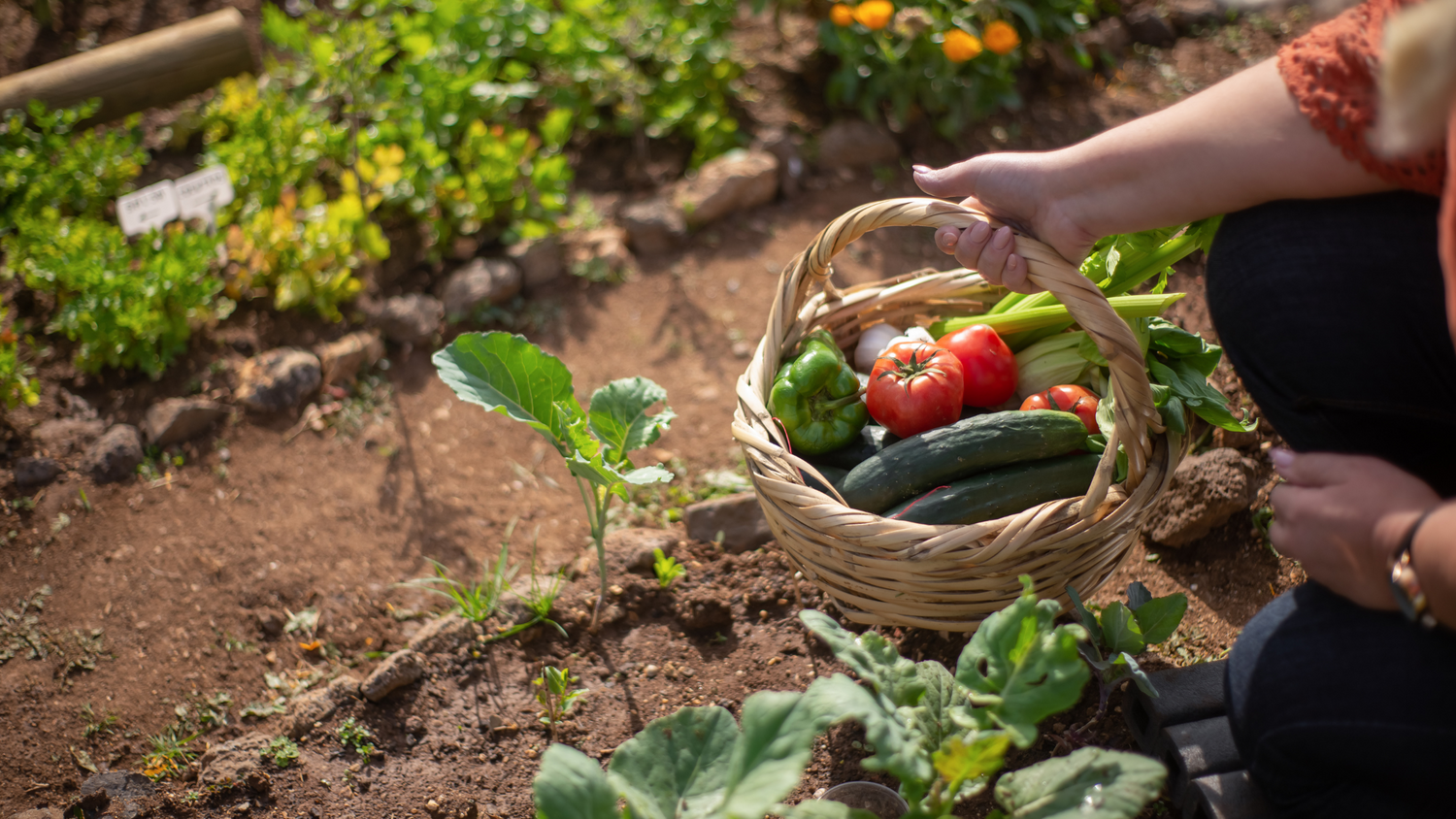Gardening is an age-old hobby that brings countless enthusiasts worldwide joy, peace, and a sense of accomplishment. Many gardeners seek fresh and innovative ways to boost their garden's health and productivity. Whether a seasoned green thumb or a budding planter, you'll enjoy exploring these 19 unusual gardening tips that could transform your gardening routine.
1. Bury Some Bananas
Bananas are not just for monkeys or a quick snack; they can be a fantastic source of potassium for your plants. Burying banana peels near the roots of your roses or tomato plants can give them the nutrients they need for robust growth. Just remember to keep the peels under the soil to avoid attracting pests.
2. Invite Friendly Predators
Planting various flowering plants can create a haven for beneficial insects like ladybugs, lacewings, and praying mantises. These predatory insects will feed on aphids, mites, and other garden pests, naturally keeping your plants healthy. This form of biological pest control is one of the most unusual gardening tips that can lead to a balanced ecosystem in your garden.
3. Soap as Deer Repellent
If deer are wandering into your garden and feasting on your plants, consider hanging bars of strongly scented soap from trees or stakes around the garden perimeter. The scent will deter deer and keep your plants safe. Just remember to replace the soap every few months or after heavy rain.
4. Strange but True: Chamomile Tea for Seedlings
Chamomile tea is known for its calming properties in humans, but did you know it can help prevent damping-off disease in seedlings? Preparing a weak chamomile tea solution and using it to water your seedlings can keep fungal diseases at bay, ensuring your baby plants thrive.
5. Cooking Water as Fertilizer
Don't pour water you've used for boiling vegetables down the drain! It's rich in nutrients and can water your garden once cooled. This recycling tip gives your plants a vitamin boost and conserves water at the same time.
6. Gelatin as a Growth Promoter
Unflavored gelatin powder mixed with water and added to the soil can provide nitrogen to plants needing a growth boost. Be sure to mix it well or apply it directly in a granular form, following the package instructions for dosage.
7. Aluminum Foil to Deter Pests
Some unusual gardening advice is to use aluminum foil to ward off insects and small animals. Lay strips around the base of your plants or hang them from branches. The reflection of light from the foil disorients and repels pests.
8. Seaweed Secret for Plant Health
Seaweed isn't just for sushi — it's a treasure trove of trace minerals and nutrients for plants. Adding washed and dried seaweed to your garden can be a fantastic way to enrich the soil and bolster plant health.
9. Cinnamon as Rooting Hormone
Sprinkle cinnamon powder on the soil around your cuttings to encourage root growth. Cinnamon has anti-fungal properties, which can also help protect your plants from diseases as they grow.
10. Strange Compost Additives

Unusual additives can benefit your compost pile, such as crushed eggshells for calcium, coffee grounds for nitrogen, and hair clippings for additional nitrogen and structure. Be experimental and find out what works best for your compost mix.
11. Milk for Tomato Plants
Milk might be an unorthodox addition to the garden, but it provides various benefits to tomato plants, including calcium and an immunity boost against fungal diseases. Spraying a milk and water solution on the leaves or adding milk to the soil around the plants can make for healthier, more robust tomatoes.
12. Aspirin Water for Stronger Plants
Another unusual gardening tip is to dissolve an aspirin tablet in water and use the solution to mist your plants. The salicylic acid in aspirin can mimic a hormone that helps plants deal with stress and stimulate their immune systems.
13. Beer for a Lush Lawn
Believe it or not, beer can be used to achieve a lush, green lawn. The fermented sugars feed beneficial microbes in the soil, improving overall lawn health. However, use this unusual gardening tip in moderation to prevent attracting pests.
14. Lego Markers for Fun and Function
Using Legos to make garden markers is a creative tip that can add fun and functionality to your planting beds. Write the plant names on a piece of tape, stick it to the broad side of a Lego, and plant it deep enough to stay upright. Kids will especially love this colorful addition to the garden.
15. Vinegar as a Natural Herbicide
White vinegar is a potent, non-toxic herbicide that can help control weeds without harsh chemicals. Spray undiluted vinegar on the weeds on a sunny day and watch them wilt away. Be careful to apply it only to the weeds, as it can harm your plants, too.
16. Woolen Blankets to Retain Moisture
A piece of unusual yet practical gardening advice involves using woolen blankets or sweater scraps as a mulch alternative. Wool retains moisture and, as it breaks down, adds valuable nutrients to the soil.
17. DIY Planters from Old Furniture
Old furniture, such as dressers or cabinets, can be repurposed into unique planters. Pull out the drawers in stages, fill them with soil, and plant your choice of herbs or flowers for an eye-catching display.
18. Egg Cartons as Seed Starters
The compartments in egg cartons make excellent biodegradable homes for starting seeds. Simply fill each cell with soil, plant your seeds, and plant the entire carton into the ground once they sprout. The cardboard will decompose and provide a nutrient boost to the soil.
19. Fish Tank Water for Nutrient Boost
The water from cleaning your fish tank contains nutrients your plants will love. Instead of discarding it, use it to water your indoor and outdoor plants with a healthy dose of natural fertilizer.
Final Thoughts
These 19 unusual gardening tips are a testament to the creativity and resourcefulness present in gardening. Incorporating some of these strategies into your gardening practice can lead to a more prosperous garden and a more engaging and fun experience with nature. Whether utilizing common household items in new ways or adopting measures that promote a healthy ecosystem, these tips represent the endless potential for innovation in the garden.
By embracing these unusual gardening tips, you can take your gardening to the next level this year—experimenting, learning, and growing alongside your plants. So roll up your sleeves, get your hands dirty, and watch as your garden flourishes with life and productivity. Happy planting!





Leave a comment
This site is protected by hCaptcha and the hCaptcha Privacy Policy and Terms of Service apply.